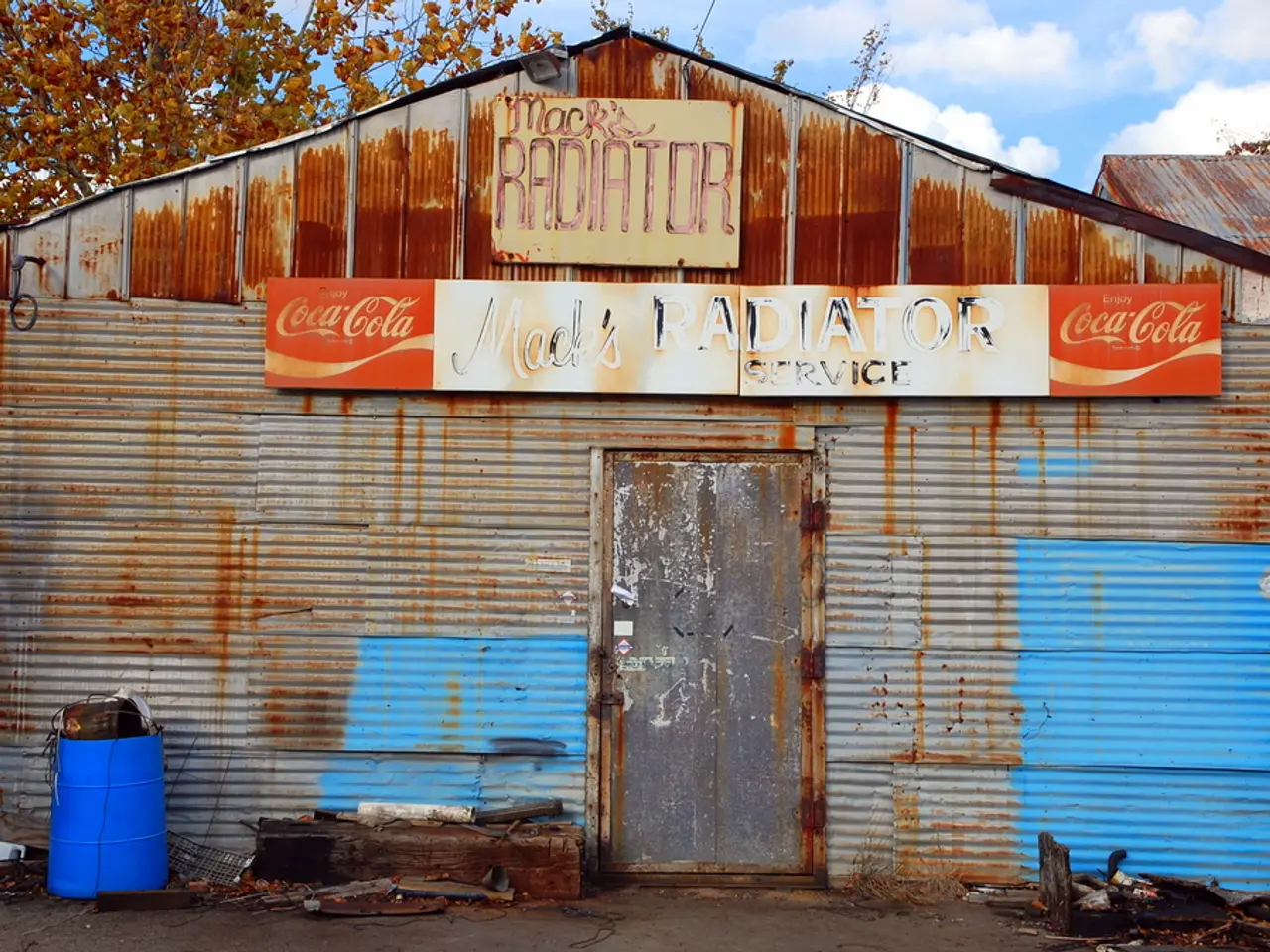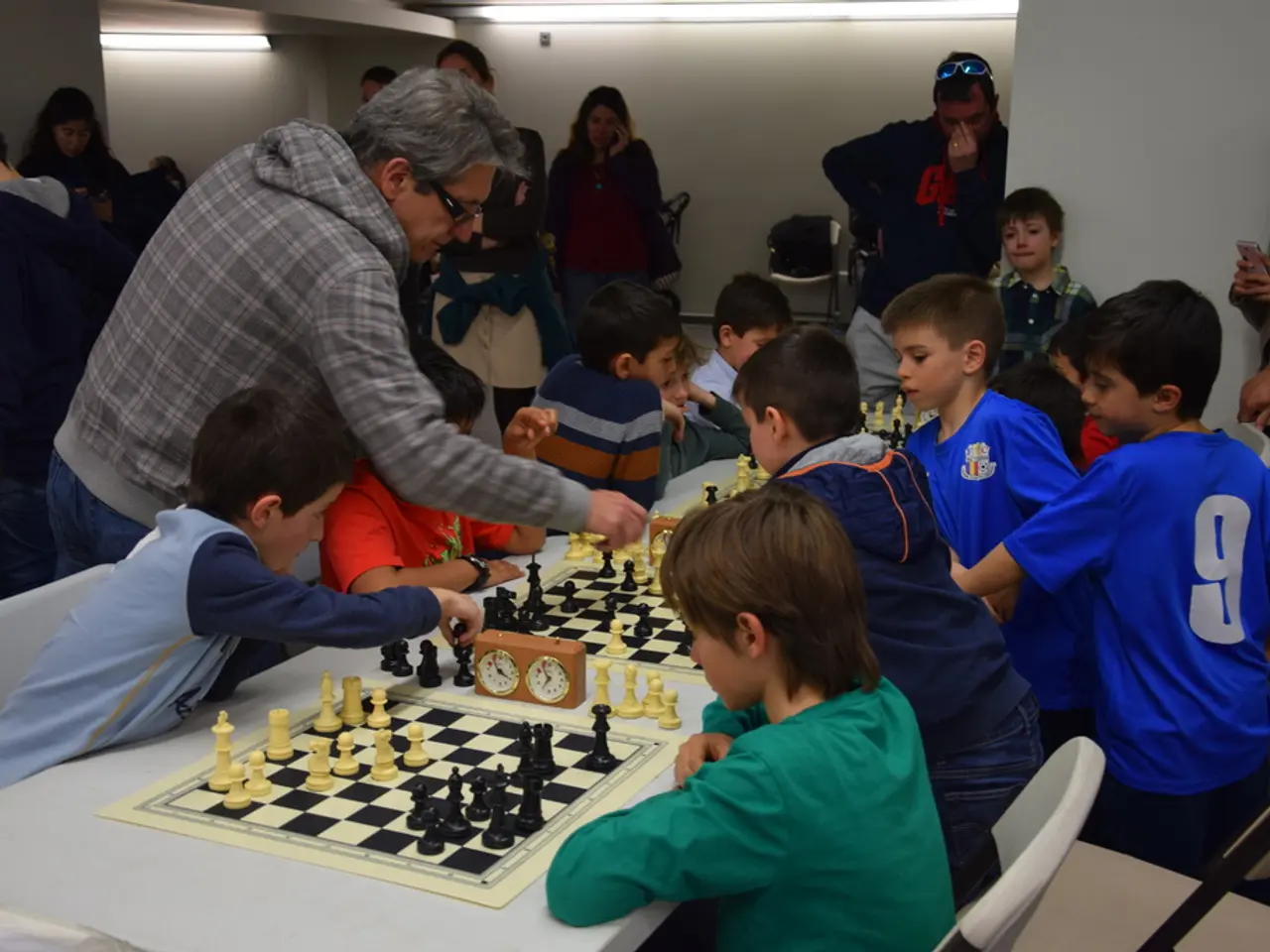Significant tax reform benefits American casino sector, specifically Las Vegas, according to CBRE analyst's assessment.
The One Big Beautiful Bill Act, recently signed by President Trump, is expected to have a significant impact on the gambling industry, particularly the Las Vegas locals market. However, the main focus of the Act's impact on gambling appears to be the reduction in the percentage of gambling losses that a gambler can deduct from their winnings for income tax purposes, from 100% to 90% starting in 2026.
John DeCree, director of equity research for CBRE, stated that this change could translate to about $32.2 billion of consumer-spending power nationwide. In Las Vegas, where approximately 19% of the workforce, or around 215,000 employees, earn tips, this could mean over $230 million in incremental spending power across the Las Vegas Valley. Using reasonable assumptions, tipped employees in Las Vegas could see an average of $1,080 of annual tax savings.
However, regarding the specific provisions you mentioned—No Tax on Tips, Bonus Senior Deduction, and No Tax on Overtime—none of these appear to be directly connected to the gambling industry impacts based on available information.
The No Tax on Tips provision allows eligible employees to deduct up to $25,000 of qualified cash tip income for federal tax purposes. An estimated 61.2 million Americans are over the age of 65, representing 18% of the total population. The Bonus Senior Deduction allows a $6,000 deduction ($12,000 for joint filers) for qualified taxpayers aged 65 and older. The No Tax on Overtime allows a $12,500 deduction ($25,000 for joint filers) on qualified overtime pay.
The primary documented change related to gambling is the limitation on loss deductibility, which broadly affects professional and recreational gamblers across markets including Las Vegas. This change could result in higher tax liabilities and reduced betting volumes for some gamblers, including recreational players.
The reduced deductibility could drive professional gamblers, such as poker players or high-stakes bettors who usually operate with thin profit margins, out of business. Gamblers, including locals who often have tight margins, will face higher taxes even if they do not end up profiting, straining household finances within this key demographic.
Stakeholders like casino owners and gambling professionals in Nevada, where gambling is a significant economic driver, are lobbying to repeal this provision due to its financial harm to gamblers and the broader ecosystem. A legislative fix called the Fair Bet Act has been filed in Congress by U.S. Rep. Dina Titus of Nevada, which has the backing of the American Gaming Association, which opposed the loss deduction provision but supported other measures of the bill that aid the gaming industry.
In summary, while the No Tax on Tips, Bonus Senior Deduction, and No Tax on Overtime provisions may provide benefits to certain groups, the primary impact of the One Big Beautiful Bill Act on the gambling industry, particularly the Las Vegas locals market, is the reduction in the percentage of gambling losses that a gambler can deduct from their winnings for income tax purposes, leading to increased tax liabilities and potential reduced betting volumes.
The One Big Beautiful Bill Act's reduction in the percentage of gambling losses that a gambler can deduct from their winnings for income tax purposes could have a significant impact on the Las Vegas locals market, which is the focus of the Act's impact on the gambling industry. This change could result in increased tax liabilities and reduced betting volumes for some gamblers in Las Vegas, a city renowned for its casino-and-gambling opportunities.




